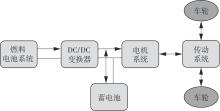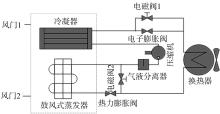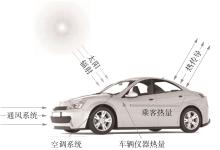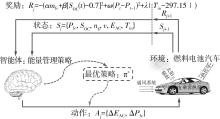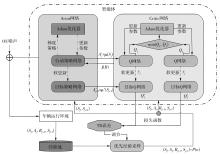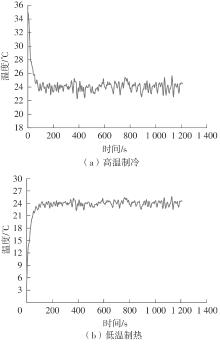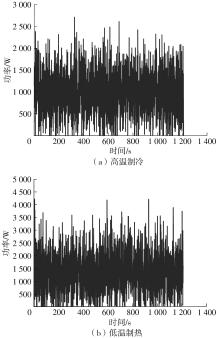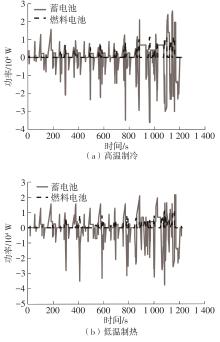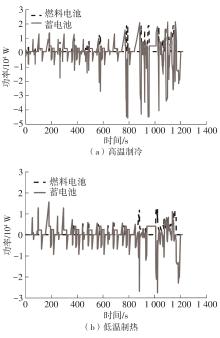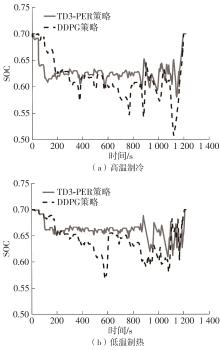Journal of South China University of Technology(Natural Science Edition) ›› 2025, Vol. 53 ›› Issue (6): 56-65.doi: 10.12141/j.issn.1000-565X.240396
• Vehicle Engineering • Previous Articles Next Articles
Energy Management Strategies for Fuel Cell Vehicle Considering Air Conditioning Systems
ZHAO Youqun1( ), XU Zhou1, YU Zhihao1, LIN Fen1, HE Kunpeng1,2, YOU Qingshen2
), XU Zhou1, YU Zhihao1, LIN Fen1, HE Kunpeng1,2, YOU Qingshen2
- 1.School of Energy and Power,Nanjing University of Aeronautics and Astronautics,Nanjing 210016,Jiangsu,China
2.Chery New Energy Vehicle Co. ,Ltd. ,Wuhu 241002,Anhui,China
